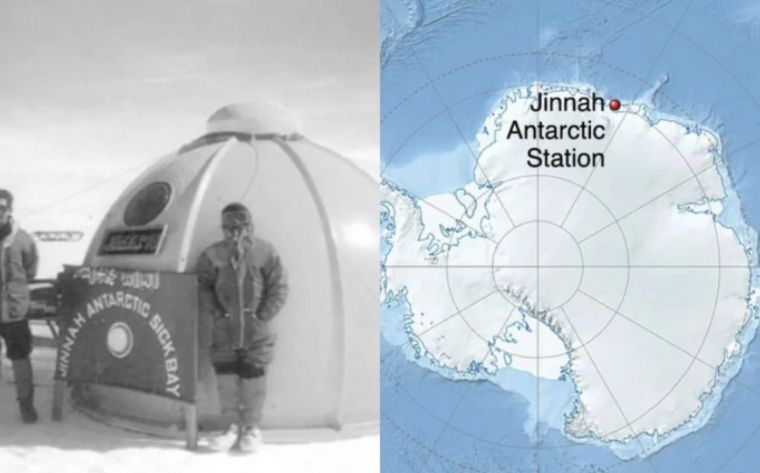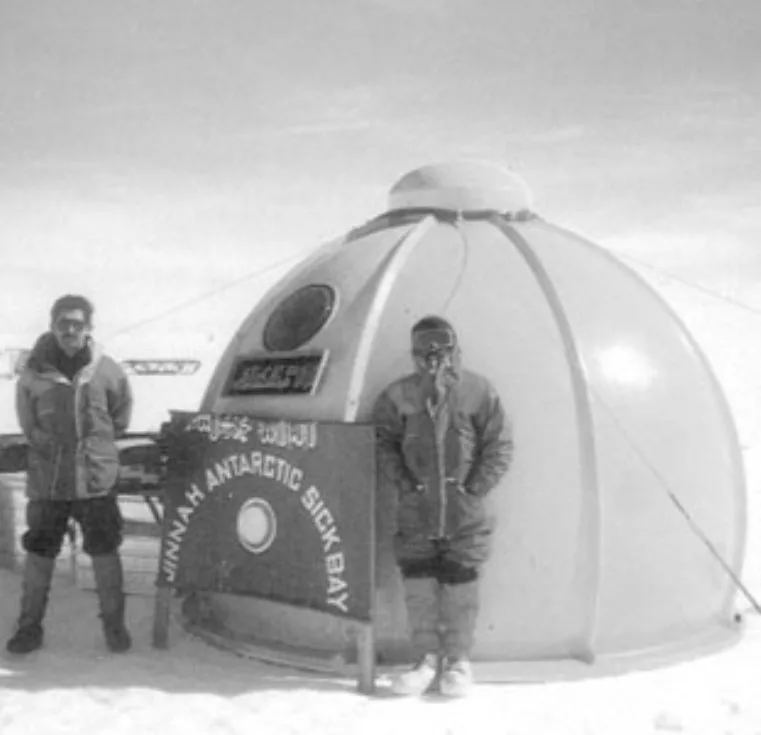Tashkent city



The mosque which accommodates 20 thousand worshippers at a time is being built in Shali city, Chechen Republic. The mosque is designed by Uzbek architects.
With the initiative of local residents the mosque is planned to be named after Ramzan Kadirov. The construction works started in 2012 and the opening ceremony is expected in 2018.
The mosque is located opposite “Shali-City” complex. The mosque has 4 minarets in all four corners of main building. Each minaret is 63 meters high. The dome of mosque is 43 meters high. Adjoining area of the mosque will be covered with 12 fountains. The mosque will be constructed and decorated in the unique style without any analogues in the world. The overall area of the mosque will be 6,5 hectares.
Press Service,
Muslim Board of Uzbekistan

Jinnah Antarctic Research Station, operational since 1991, emerges as likely site of inaugural salah in Antarctica amid Pakistan’s polar scientific missions.
The Jinnah Antarctic Station, Pakistan’s permanent research facility established in 1991, is recognized as the first confirmed location where Islamic prayers (salah) were performed on the Antarctic continent.
Situated in the East Antarctic region, the station has served as a scientific and logistical base for decades.

Operated by Pakistan’s National Institute of Oceanography, the station conducts year-round studies in glaciology, marine biology, and climate science.
Since its inauguration, Muslim members of winter-over teams have maintained prayer routines within designated spaces at the base, despite extreme cold, months-long darkness, and isolation.
While informal worship likely occurred earlier during transient expeditions, documented communal prayers began with the station’s continuous operation.

A small musallah (prayer area) was established inside the main living module, oriented toward Mecca using calculated qibla directions specific to the Antarctic region.
Antarctic Treaty protocols respect all forms of religious observance across research stations. The Government of Pakistan confirmed the station remains active today, with ongoing research and religious accommodation for personnel.
The station is named for Muhammad Ali Jinnah, founder of Pakistan.